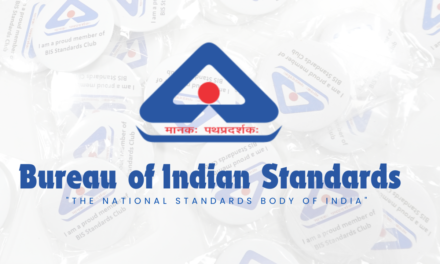Sustainable Methods in the Textile Industry in Tamil Nadu
Tamil Nadu’s textile industry has been actively adopting sustainable practices to address environmental and social challenges. A significant development is the implementation of Zero Liquid Discharge (ZLD) systems in dyeing units, particularly in Tiruppur, which became the first textile cluster in India to achieve ZLD. This initiative has led to a 7% to 10% increase in operational costs for dyeing and bleaching units but has substantially reduced water pollution.
In the realm of renewable energy, the textile and apparel sector in Tamil Nadu contributes more than 50% of the state’s installed renewable energy capacity, highlighting the industry’s commitment to sustainable energy practices.
Social sustainability is also a focus, with initiatives like the Tamil Nadu Partnership aiming to improve labor conditions in the textile sector. This program conducts training on employee rights and complaint mechanisms in approximately 200 spinning mills and factories, promoting fair labor practices.
Additionally, projects are underway to restore traditional agroecological cotton production methods, benefiting farmers and artisans engaged in textile production. These efforts aim to revitalize sustainable agricultural practices and strengthen community ties.
Furthermore, the Tamil Nadu Newsprint and Papers Limited (TNPL) has undertaken several environmental sustainability projects, including methane extraction and wind electricity generation, contributing to the state’s renewable energy capacity and reducing carbon emissions.
Collectively, these initiatives reflect Tamil Nadu’s dedication to integrating sustainable practices across its textile industry, encompassing environmental conservation, renewable energy adoption, and social responsibility.







